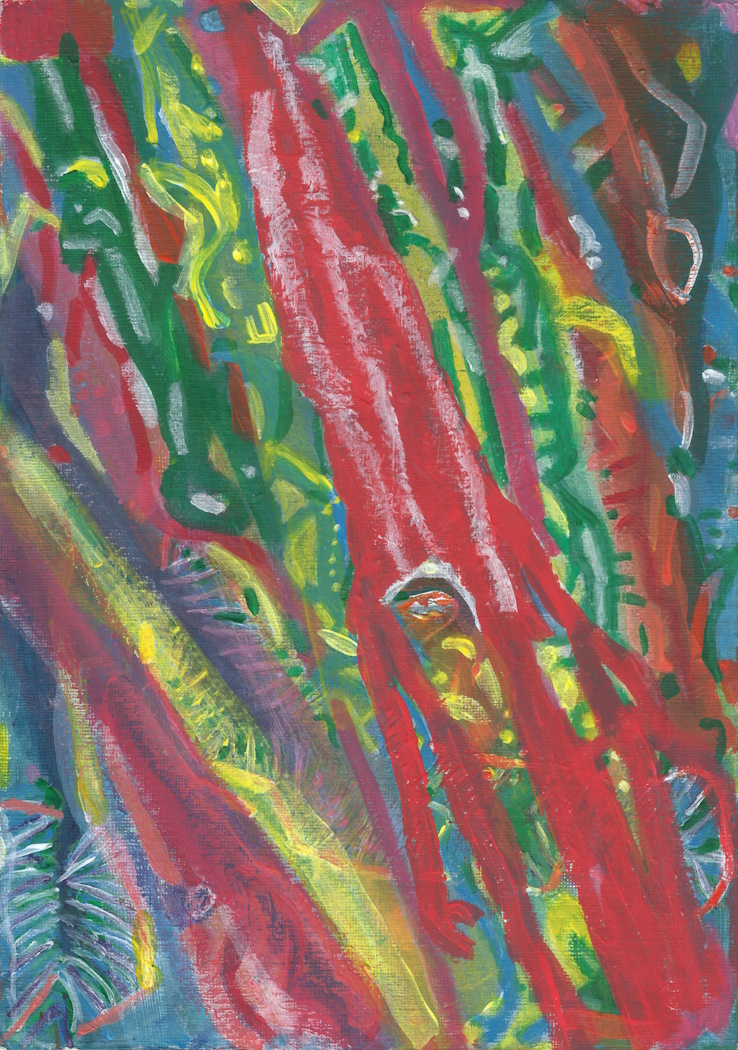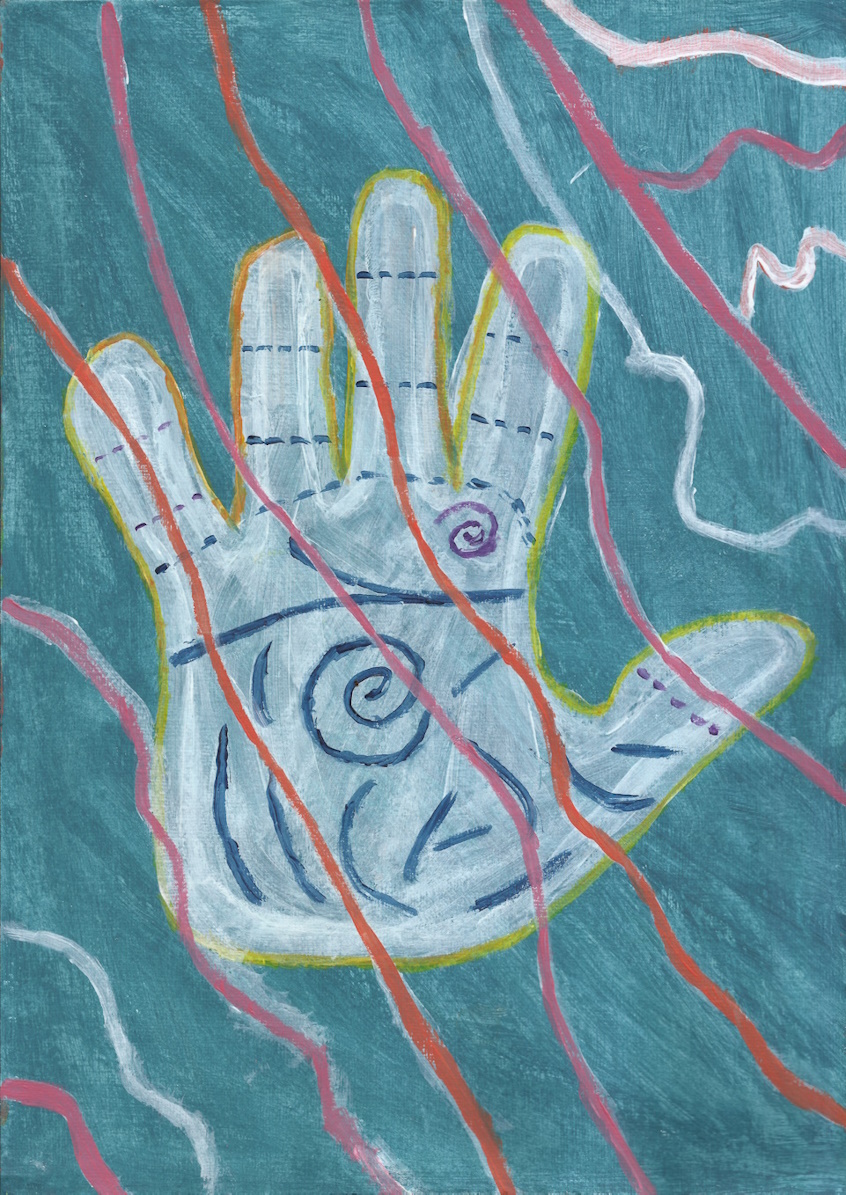I feel
unwell today. And the body is creaky. Fatigue is challenging. It often defeats
me. I really didn’t want to get out of bed this morning. It can be a mission
sometimes. Cooking felt like a chore. Did manage to rustle up a meal in the
end. It is always a relief when I get that out of the way. I don’t have to
worry about cooking again or eating for the rest of the day. I try to eat
before 3 p.m. and fast until the next morning.
I am studying
machine learning at the moment. Did a recap on Python programming, got lost
somewhere in arrays and tensors, and the many ways these can be
accessed — before I had to stop and have a rest. I will try to manage it in
small doses. Learning new stuff can be painful, especially when it comes to
computers.
There’s a
lot of hype about A.I. in the news, but it isn’t what we think it is. We like
to attribute human characteristics to it, but it is just a machine, an advanced
autonotom. It gets fed lots and lots of training data, and if it makes
mistakes, it adjusts itself according to some set parameters. It keeps doing
this until it gets better at what it does and makes fewer mistakes. But it
takes a long time to get there and a lot of training.
The scary thing
is people are giving power to these machines to make important decisions. AI is
very efficient at specialist tasks and can do them really fast, but only those
specific tasks, and it still can make mistakes, it isn’t 100% right all the
time.
If an AI was
to try and live a day as a human being or even as an earthworm. It would
struggle and fail. It has no experience of what it is to be a human.
I
guess hype sells. It is the next Silicon Valley gold rush.
While AI
does have the potential to be a useful tool, to become dependent on it to run
society would be a huge costly mistake and a disaster waiting to happen. Not
because AI is evil and wants to take over the world, and not because it wants
to destroy humanity, it has no concept of good or evil. It just obeys
instructions and does what you ask it to because it is a mindless
machine.
It’s the
way it solves problems that may be dangerous. The solution it comes up with may
be unexpected and not what one intended. A.I. has no experience of being a
human or what it feels like to have a body. So its solutions can be a bit
quirky, and unlike anything a human would have thought up.
It may also
worsen social inequality due to inherent bias in the data it is trained on. As
well as hallucinate and make mistakes. Not to mention the huge amount of
electricity that is needed to run these machines, and the materials used to
make them, how that is harming the environment. The truth of the matter is they
are designed to make corporations wealthy, not really about making society or
the planet better.
AI is not
what we imagine it is when we interact with it. It is not like us, it’s a bunch
of algorithms and artificial neurons, and nowhere near as advanced as a human
being.
Maybe one
day it may get that advanced, who knows, but it is not there yet.
There are
computer chips now in development that use human lab-grown brain cells, called
neuromorphic chips, which could have the potential to become sentient. They are
being designed because they are more efficient at using electricity. But it is
rather creepy, and I am surprised scientists were even allowed to do this. If
these part biological machines do become sentient, it would be cruel, as the
corporations that made them will claim ownership over them and of course, deny
they are sentient. It raises all sorts of ethical quandaries.
Still,
humans may not survive long enough to see really advanced AI, especially with
the way modern consumerism is consuming the planet. Greed is insatiable, and
all this industrial pollution is not just affecting the wildlife, it is
affecting us too, our biology. We are part of the natural world, what kills
ecosystems, also kills us.
...

